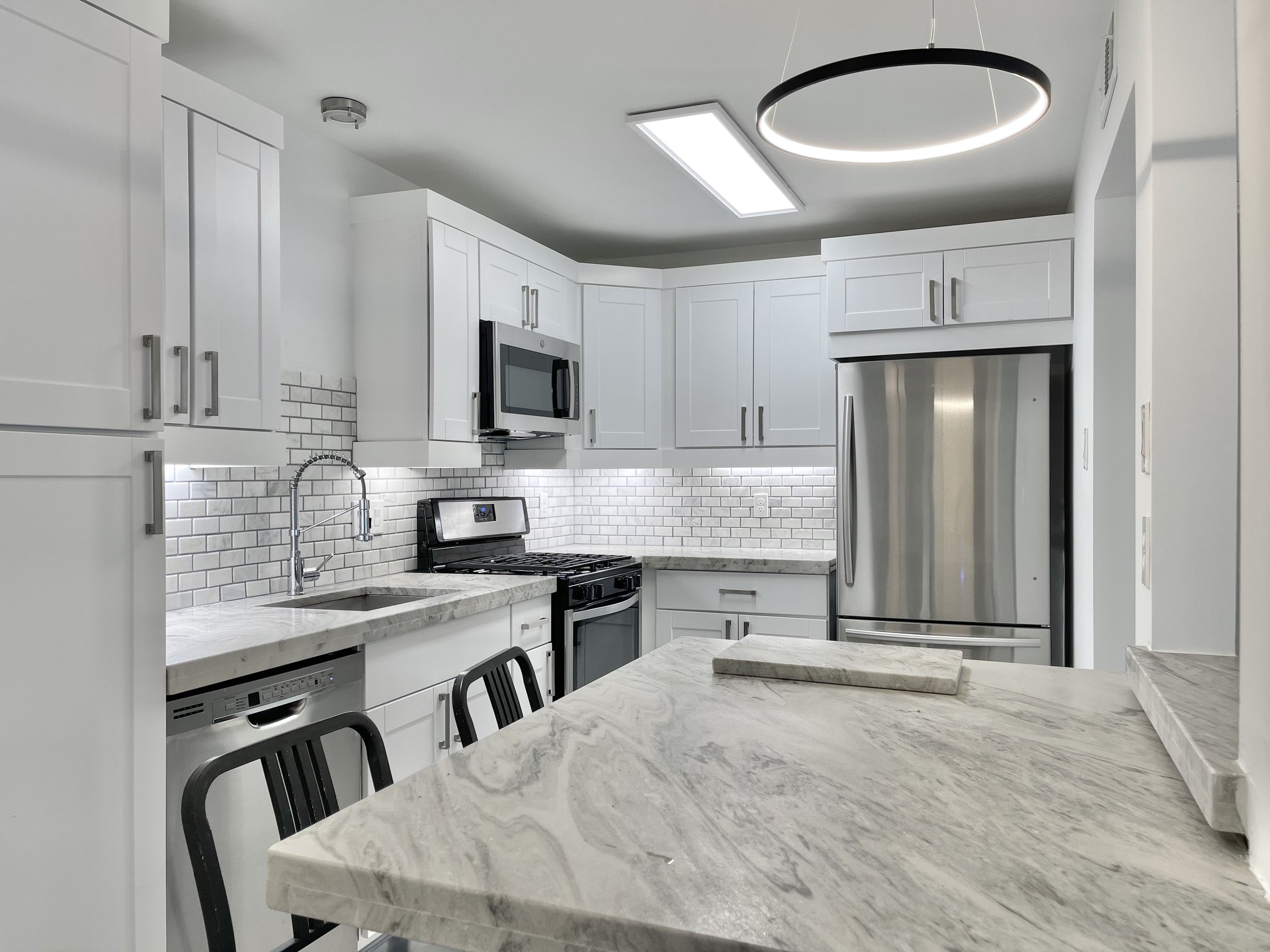Insurance Housing Houston: What Your Insurance Company Isn’t Telling You
Insurance housing in Houston can be a bit of a maze, especially when dealing with the aftermath of a claim or finding temporary accommodations. While insurance companies are supposed to guide you through the process, there are often details and nuances they might not explicitly share. Understanding these hidden aspects can help you make more informed decisions and avoid surprises. Here’s a detailed look at what your insurance company might not be telling you about insurance housing in Houston.
Call 832-304-3322 or Email Info@Luxurway.com for availability and pricing for Houston Insurance Housing for your family.
Insurance Housing Houston: What Your Insurance Company Isn’t Telling You
By: Luxurway
What Is Insurance Housing?
Insurance housing, also known as temporary housing or accommodation coverage, provides you with a place to stay when your home becomes uninhabitable due to an insured event, such as a fire, flood, or other damages. This coverage is intended to help you manage living expenses while your permanent home is being repaired or rebuilt.
What Your Insurance Company Might Not Tell You
Coverage Limits and Exclusions
Policy Limits
Insurance policies often come with limits on how much they will cover for temporary housing:
Daily and Total Limits: Your policy might specify a daily maximum amount for accommodation expenses and a total limit for the entire stay. Make sure to review these limits to understand how much you can claim and for how long.
Coverage Amount: Depending on your policy, the coverage amount might not fully match your current living expenses, especially if you’re staying in a more expensive area or opting for a higher-end rental.
Exclusions
Some policies have exclusions that could affect your temporary housing:
Luxury Accommodations: Policies may not cover stays in luxury or high-end accommodations. If you choose a more expensive place than what your policy covers, you might need to pay the difference.
Extended Stays: If your repair or rebuilding process takes longer than anticipated, you might face additional costs beyond the policy limits.
Location and Property Restrictions
Location Preferences
Insurance companies might have specific guidelines about where you can stay:
Approved Locations: They may suggest or require you to stay in certain areas or properties that have agreements with them. This can limit your options and affect the comfort and suitability of your temporary home.
Proximity to Work or School: If you need to be close to work, school, or other essential locations, the insurance company’s recommended properties might not always align with your needs.
Property Restrictions
Property Types: Some policies may have restrictions on the type of property you can rent, such as only covering single-family homes and excluding apartments or vacation rentals.
Amenities and Conditions: The coverage might not extend to properties lacking certain amenities or in less-than-ideal conditions. It’s important to verify the suitability of the recommended properties.
Claim Process and Reimbursements
Documentation Requirements
The claim process can be more detailed than expected:
Detailed Documentation: You may need to provide extensive documentation to support your claim, including receipts, lease agreements, and proof of expenses. This documentation is crucial for ensuring that your expenses are covered.
Reimbursement Timelines: Reimbursements can take time, and you might need to cover the costs upfront before being reimbursed. This can impact your cash flow, especially if you’re dealing with high living expenses.
Communication Gaps
Insurance companies may not always communicate clearly about:
Approval Processes: The process for getting approval for temporary housing expenses can be unclear, leading to delays or misunderstandings.
Updates and Changes: Keeping you informed about changes in policy, coverage, or reimbursement procedures might not always be a priority.
Hidden Costs and Additional Expenses
Out-of-Pocket Costs
There might be costs you have to cover yourself:
Utilities and Extras: Some policies cover only the rental amount and not additional expenses such as utilities, internet, or parking fees. Be aware of what is included and what might come out of your pocket.
Security Deposits: You might need to pay a security deposit upfront, which can be significant depending on the property. Check if this cost is reimbursed or covered by your policy.
Upgrade Costs
If you choose a property that exceeds the standard policy coverage:
Cost Differences: If you opt for accommodations that are more expensive than the policy covers, you will need to pay the difference yourself. Make sure to budget for this if you’re looking at higher-end properties.
Tips for Navigating Insurance Housing in Houston
Review Your Policy Thoroughly
Before you start looking for temporary housing, review your insurance policy in detail:
Understand Coverage: Know the limits, exclusions, and requirements of your coverage. This helps in setting realistic expectations for what you can claim.
Ask Questions: If there’s anything unclear, don’t hesitate to ask your insurance agent for clarification.
Document Everything
Accurate documentation is crucial for a smooth claims process:
Keep Receipts: Save all receipts for temporary housing expenses, including rent, utilities, and any other costs.
Maintain Records: Document communications with your insurance company and any updates regarding your claim.
Explore Your Options
Consider a range of options to find the best fit for your needs:
Compare Properties: Look at different properties within the coverage limits to find one that suits your needs and preferences.
Negotiate Terms: If possible, negotiate with property owners to reduce costs or include additional amenities within your budget.
Stay Proactive
Keep track of your claim and maintain regular communication with your insurance company:
Follow Up: Regularly check in on the status of your claim and any pending reimbursements.
Address Issues Promptly: If you encounter any issues or discrepancies, address them quickly to avoid delays.
Next steps for finding Insurance Housing in Houston, TX
Insurance housing in Houston can be a lifesaver during times of displacement, but understanding the finer details of what your insurance company might not tell you is crucial for managing your expectations and budget. From hidden costs and policy limits to location restrictions and documentation requirements, being informed helps you navigate the process more effectively. By reviewing your policy thoroughly, documenting expenses, exploring options, and staying proactive, you can make the most of your temporary housing situation and focus on getting back to normalcy. If you have any doubts or concerns, always communicate directly with your insurance provider to ensure a smooth and stress-free experience.
Luxurway offers furnished Insurance housing in Houston
Luxurway offers comfortable and affordable insurance housing with private fully-furnished homes in central Houston locations. Insurance Housing in Houston has never been so convenient and affordable. We have thought of every little thing, so you can focus on getting your permanent home ready to move back in but stay comfortable while doing so.
We offer fully-furnished, fully-renovated and all utilities-included private home rentals located nearby Bellaire, River Oaks, the Galleria, Medical Center and Downtown Houston.
Contact us to inquire about our insurance housing availability and pricing for your stay in Houston.


